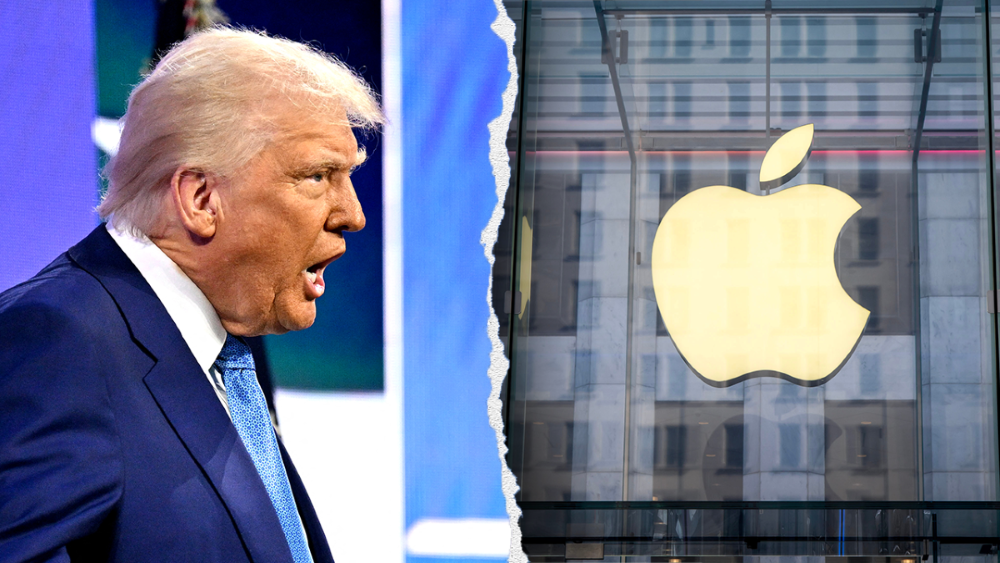Apple Weighs Price Hike for iPhone 17 as Tariffs Remain in Place, but Avoids Blame
Apple is considering raising prices for its upcoming iPhone 17 lineup this fall, a move it hopes to justify with new features and design upgrades, according to The Wall Street Journal, citing people f

Apple is considering raising prices for its upcoming iPhone 17 lineup this fall, a move it hopes to justify with new features and design upgrades, according to The Wall Street Journal, citing people familiar with the matter.
Sources say the company is determined to avoid any appearance that price hikes are a result of U.S. tariffs on Chinese goods—tariffs that still apply to smartphones and affect most apple devices, which are assembled in China.
On Monday, the U.S. and China agreed to suspend most of the tariffs imposed during their trade war. However, a 20% tariff enacted by President Trump early in his second term—citing China’s alleged role in the fentanyl trade—remains in effect and continues to apply to smartphones. Meanwhile, a separate “reciprocal” tariff on Chinese goods, previously at 125%, will temporarily drop to 10% under the new agreement. Smartphones and select electronics have been exempted from this specific duty.
Apple plans to unveil new iPhones this fall that feature notable design changes, including an ultra-thin form factor. Despite the enhancements, the company remains under pressure due to ongoing U.S.-China trade tensions, which threaten its global supply chain.
CEO tim Cook has taken steps to mitigate the risk. He stockpiled inventory in March, ahead of tariff announcements, and shifted some iPhone production for the U.S. market to India. Earlier this month, Cook stated that a majority of iPhones shipped to the U.S. in the April-to-June quarter would originate from India.
However, for Apple’s most profitable high-end models—such as the iPhone Pro and Pro Max—production will largely remain in China. While Indian factories are technically capable of assembling Pro models, they currently lack the infrastructure and production scale needed for mass output. These flagship devices require advanced components, including superior camera systems and larger batteries.
Apple sold around 65 million iPhones in the U.S. last year, with 36 to 39 million of those being Pro or Pro Max models, Jefferies estimated.
People familiar with Apple’s supply chain say the company is unlikely to offset tariff-related costs simply through supplier negotiations. Without a price increase, Apple’s profit margins could take a hit. Yet, executives are cautious about linking any hike to tariffs, fearing political backlash.
This caution follows a recent episode involving Amazon, which reportedly considered displaying the tariff impact on product prices. The White House condemned the idea as hostile, prompting Amazon to disavow the plan.
Apple is leaning toward what insiders describe as the “least-bad choice”: raising prices while attributing the move to added value through features and design—rather than to tariffs. It remains unclear what specific new features Apple will introduce to help justify the higher prices.
Cook has estimated that existing tariff policies will result in $900 million in additional costs this quarter, with more to follow.
Supply-chain planners believe it’s wise to assume that U.S. tariffs on Chinese goods—including smartphones—will remain higher than those on products from India or Vietnam, Apple’s other major manufacturing hubs. As a result, the company is expected to further accelerate its production shift to India.
Still, Jefferies analysts caution that ramping up Indian production of high-end iPhone models to 40 million units over the next two years—especially for both U.S. and domestic markets—will be a “tall order.”
Disclaimer: The views in this article are from the original Creator and do not represent the views or position of Hawk Insight. The content of the article is for reference, communication and learning only, and does not constitute investment advice. If it involves copyright issues, please contact us for deletion.